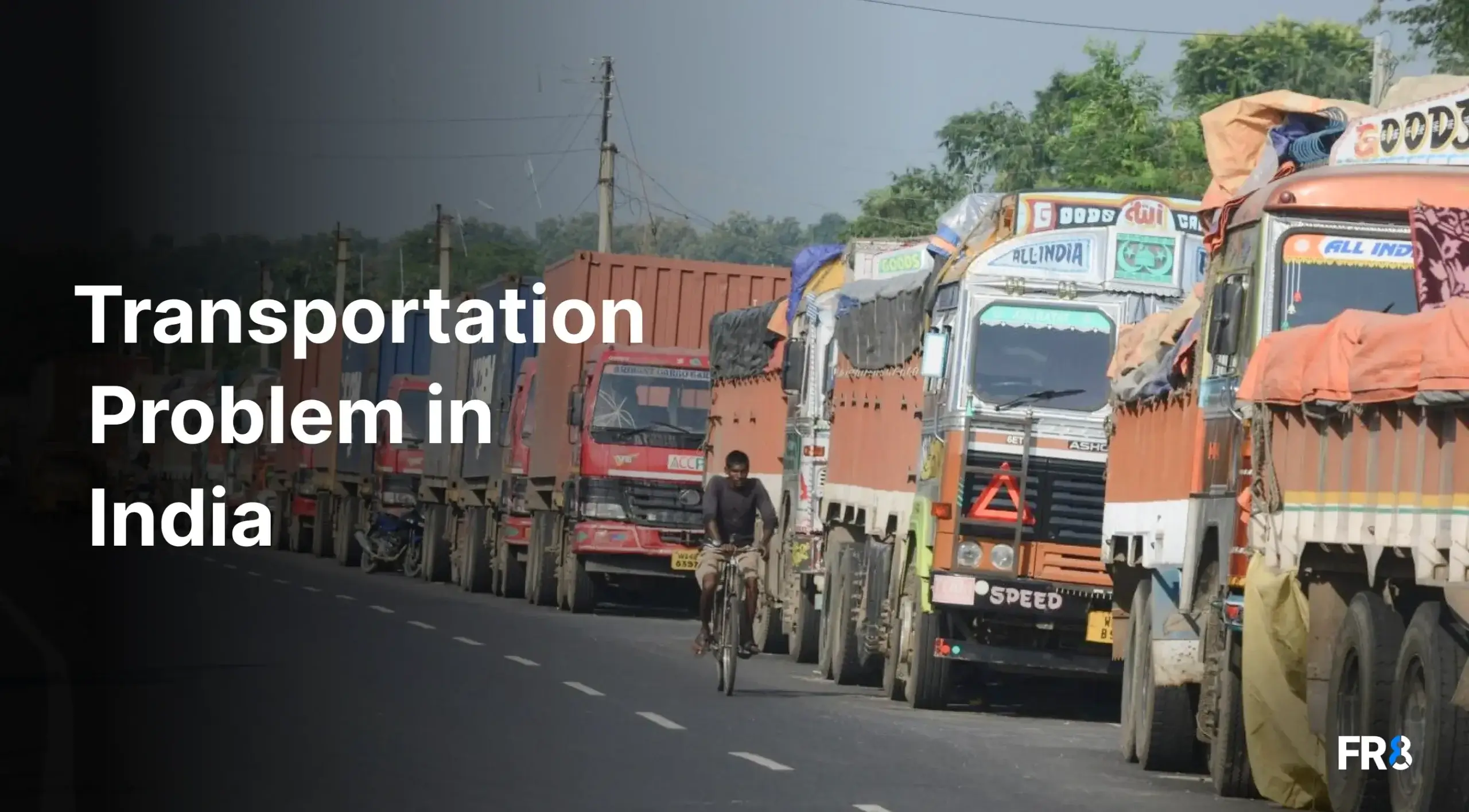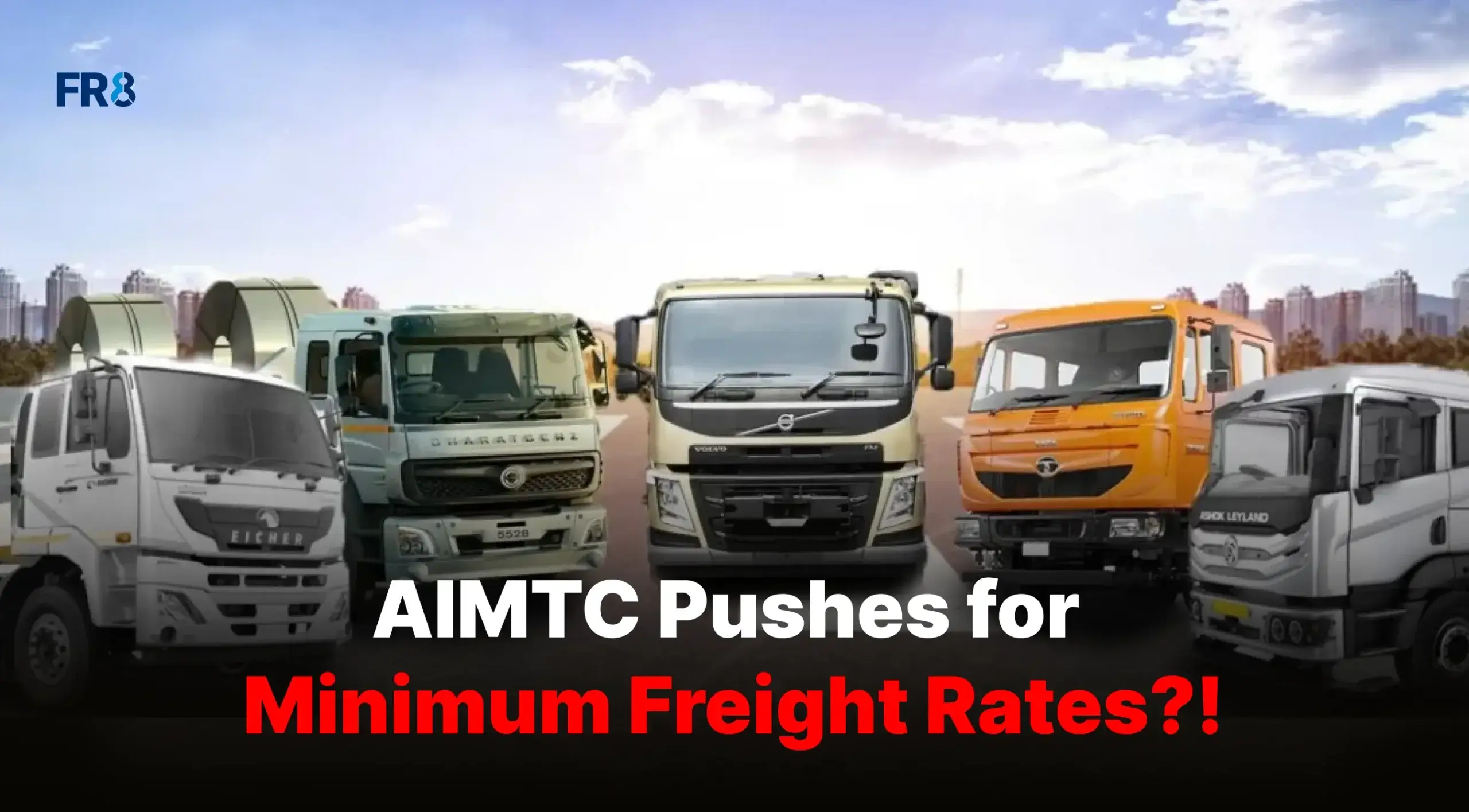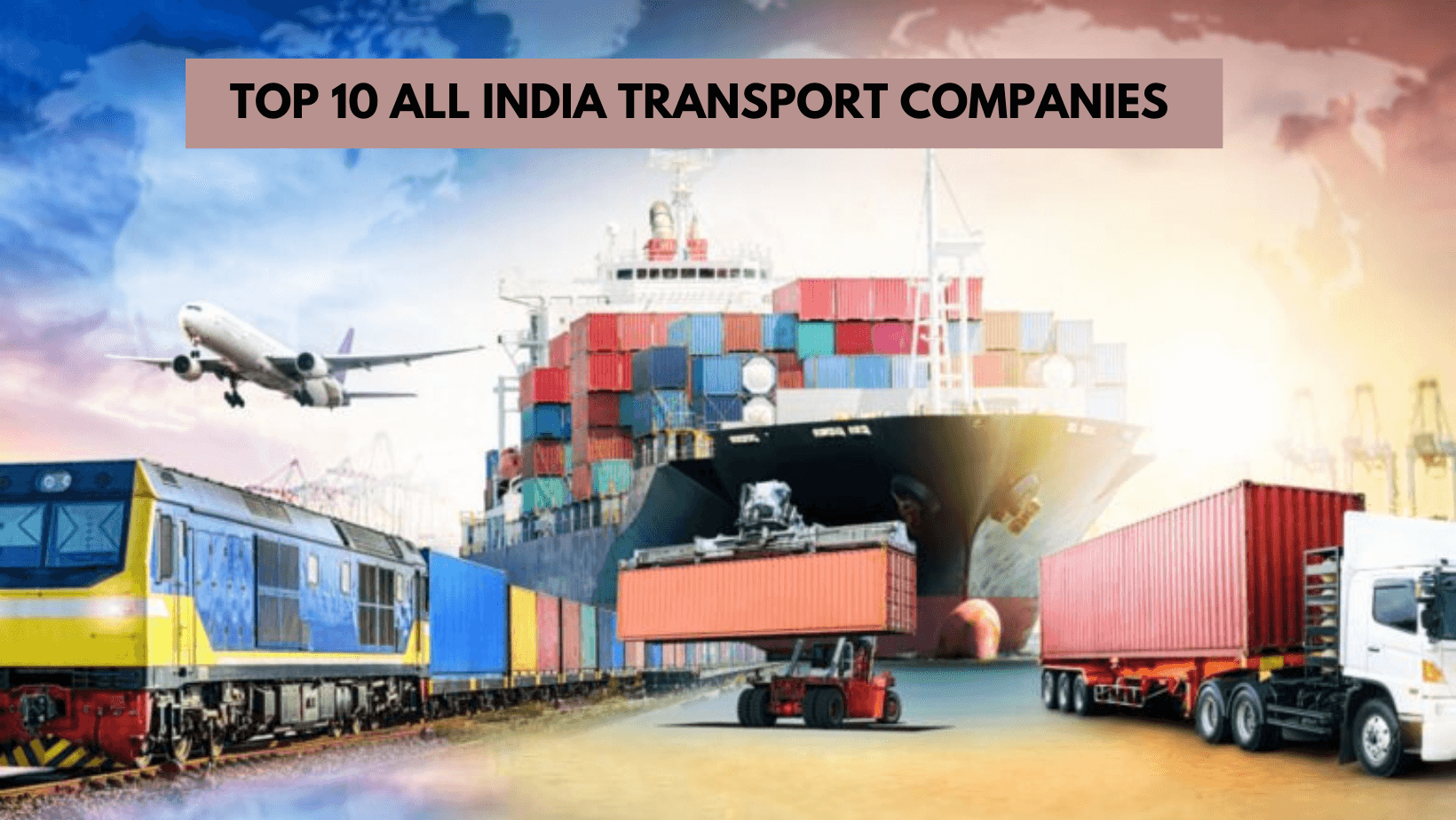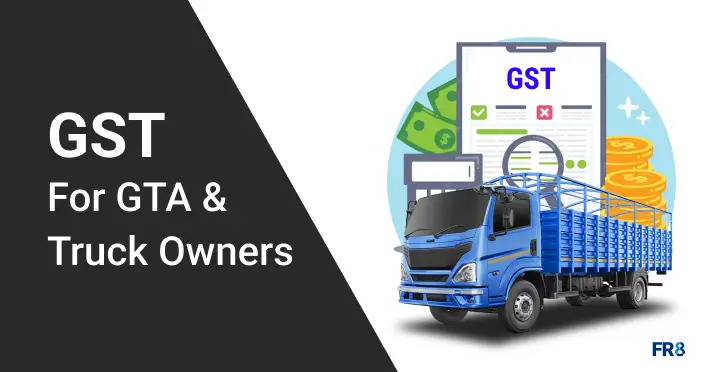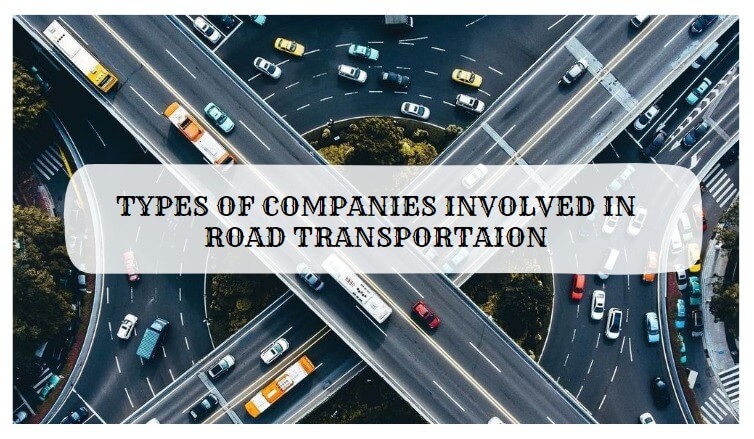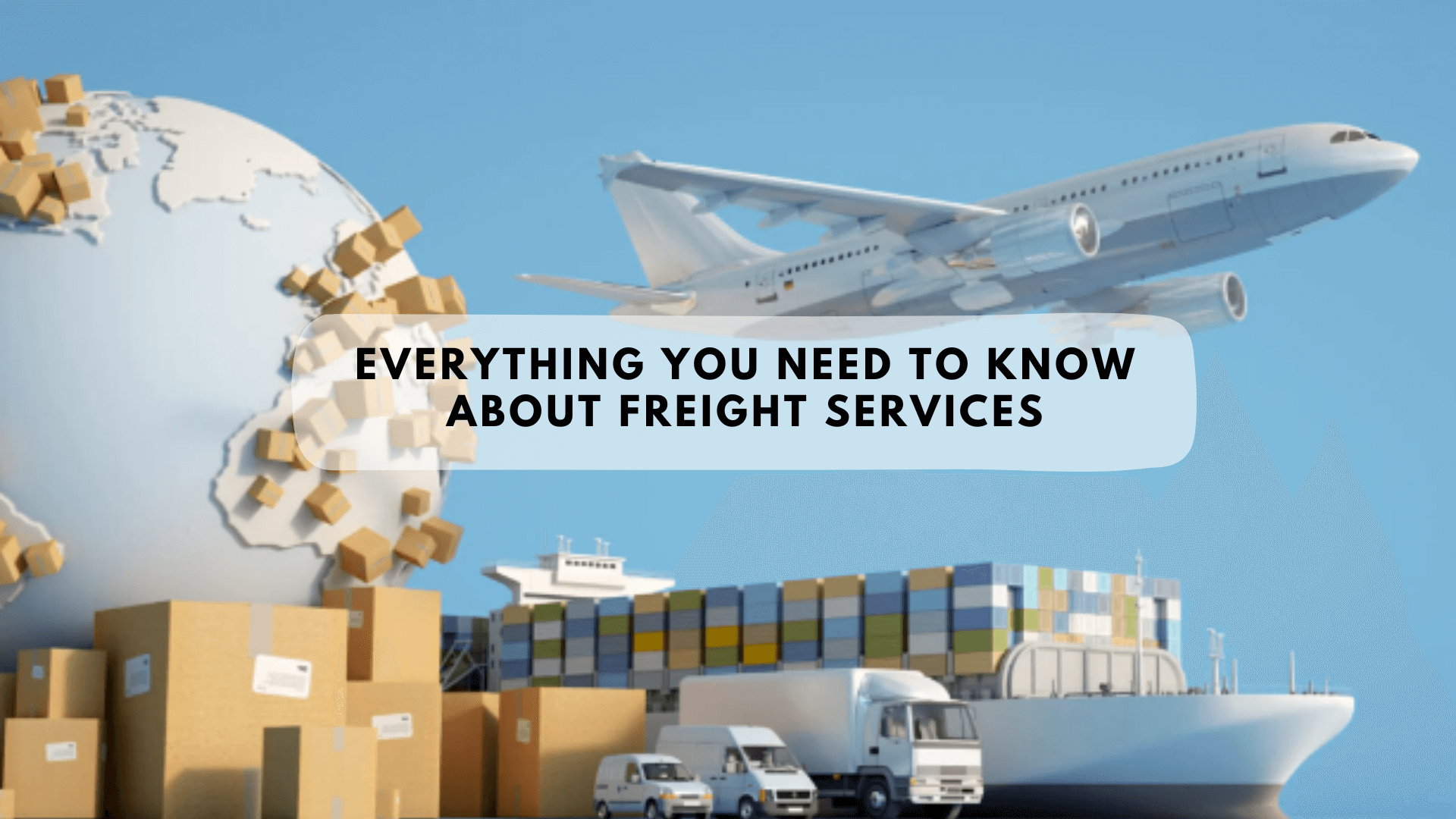

Freight services is an important part of the global economy, enabling the transportation of goods and materials across various distances. Whether it’s moving products from manufacturers to retailers or facilitating international trade, freight services play a vital role in supply chains worldwide.
A lot of companies – from small businesses to developed corporations, they are continually searching for freight services that can keep up with growth. The major problem? Logistics and supply chain management can be confusing, and what you don’t know can cost you. This guide to freight transportation services fills you in on everything you need to know about it so that you can make the best possible decisions for your business.
Table of Contents
Freight Services Meaning
Freight services refer to the transportation of goods and materials in bulk, typically over long distances. This can involve moving products from manufacturers to retailers, or it can be part of international trade. In essence, freight services are the backbone of the global economy, keeping businesses and consumers connected by moving the things we need.
1. Four Basics of Freight Transportation & Logistics:
Domestic and international shipping could be intricate even for experienced business professionals. There are numbers of variables at stake and that means hiring the right freight transportation service is very important. You need to work with a third-party logistics provider that handles:

- Logistics (Third-Party Logistics Company)- They are commonly called 3PLs. These are companies designed to handle a business’s distribution and fulfillment services. These firms allow businesses to focus on more important things like growth and customer service rather than filling orders, vetting for-hire trucking companies, or researching data which typically takes substantial resources.
A general rule of thumb: If you’re fulfilling dozens of orders per day and you’re running out of space to store your inventory, you may need to consider working with a 3PL.

- Trucking and Transportation- A good 3PL can handle freight shipments between your factory and your warehouse or your warehouse and your buyers or both. Pricing for these types of services depends on these below listed factors:
- The origin location
- The destination location
- Shipping method required
- Delivery time required (expedited freight usually carries an additional cost)
- Distribution and Warehousing- These are key elements of freight services within the transportation and logistics industry. Distribution includes the management and movement of goods from a central location, such as a manufacturing facility or distribution center, to multiple destinations, such as retail stores or customer locations. This process ensures that products reach their intended recipients in a timely and efficient manner.

Whereas, warehousing refers to the storage and management of goods in a designated facility known as a warehouse. Warehouses serve as temporary storage spaces for products before they are distributed to their respective recipients. They play a vital role in inventory management, allowing businesses to store large quantities of goods while maintaining control over stock levels and ensuring quick access when needed.
Overall, distribution and warehousing are important aspects of freight services, ensuring that goods are stored, managed, and transported effectively to meet customer expectations and maintain a well-functioning supply chain.
Below listed are some of the important things to be considered while looking for a distribution and warehousing services:
- Compliance reporting and labeling.
- Online inventory and order visibility.
- Lot and serial number tracking.
- Sequencing.
- Pick and pack services.
- Order fulfillment.
- Light subassembly.
- Intermodal Trucking and Drayage- This is a must for many companies. If your intermodal shipment arrives in one location by ocean freight, waterways transportation, air freight or by train, it still needs to go to a warehouse or distribution center by truck. In situations like these, you need a 3PL that provides freight transportation services such as:
- Container drayage.
- Cross-docking.
- LCL consolidation.
- Kitting and packaging.
- Container stripping and stuffing.
- Breakbulk
2. Minimizing Freight Damage
Minimizing freight damage is a major aspect of logistics and transportation management. Freight damage refers to any sort of harm or deterioration that occurs to goods during transit or handling. To ensure the safety of products and reduce the risk of damage, several key strategies and practices can be employed. Such as:

- Proper packaging: Using appropriate packaging materials, such as sturdy boxes, cushioning materials, and protective wrapping, is important to safeguard goods during transportation. Sufficient packaging helps absorb shocks, vibrations, and impacts that may occur during loading, unloading, and transit.

- Secure Loading and Bracing: Ensuring that cargo is properly loaded and secured within trucks or containers is crucial. This involves using load-bearing equipment, such as pallets and strapping, to prevent shifting, sliding, or toppling of goods during the process. Bracing techniques can also be used to provide additional stability.
- Optimized Handling Procedures: Implementing standardized handling procedures and training personnel on proper lifting, stacking, and driving techniques can notably minimize the risk of damage. This includes the use of equipment like forklifts, cranes, and dollies to safely handle heavy or fragile items.

- Quality inspections: Conducting thorough quality inspections at various stages of the transportation process helps in identifying any major issues or damages prior to transit. This includes pre-shipment inspections, in-transit checks, and post-delivery assessments to detect and address any damage promptly.
- Effective route planning: Selecting the most suitable transportation routes and modes based on factors like road conditions, weather, and traffic can help to reducing freight damage. Avoiding routes with rough terrain, excessive vibrations, or high-risk areas can safeguard goods during transit.
By implementing these strategies and prioritizing proper handling, packaging, and collaboration with reliable carriers, businesses can reduce the occurrence of freight damage and ensure the safe delivery of goods to their destination.
3. Full Truckload Shipping vs Less-Than-Truckload Shipping
When you choose a freight service, you must know the difference between full truckload (FTL) and less-than-truckload (LTL) shipping. Both have appropriate uses, but they’re very different from one another.
Let’s compare them:
| Full Truckload Shipping | Less-Than-Truckload Shipping |
| This is the ground transportation service in which a complete truck is dedicated to a single load or, in other words, to a single customer. | is the transportation of freight that combines shipments from multiple customers in a single truck. |
| The FTL transport service suitable for large loads, that are capable of occupying a complete truck. | As every customer’s shipment does not require a full 48′ or 53′ trailer, the unused portion of the truck is filled up with another customer’s shipment. |
| It is also the preferred option for delicate loads or for loads that require regulated temperature. | This is the most affordable option between the different land transport services. |
To know more about the difference between FTL and LTL Shipping click here to visit.
Example:

Efficiency in the Supply Chain
This is a significant factor for businesses aiming to streamline operations, reduce costs, and meet customer demands effectively. It surrounds a series of inter-connected processes and activities that helps in enhancing the flow of goods, information, and resources from suppliers to end consumers. Various factors contribute to achieving efficiency in the supply chain, those are:

- Supply chain visibility.
- Demand forecasting and planning.
- Collaboration and partnerships.
- Process optimization.
- Inventory management.
- Transportation optimization.
- Continuous improvement and data-driven decision-making.
Freight Booking Online
Freight booking online refers to the process of reserving and arranging freight transportation services through digital platforms or websites. It allows businesses and individuals to conveniently book and manage their shipments without the need for traditional long and manual processes.

Online freight booking allows users to compare rates, transit times, and services from multiple carriers and competitors. This can help customers find the most cost-effective and appropriate options for shipping their goods.
The booking process itself is typically simple and straightforward, allowing customers to enter details about the shipment such as the origin, destination, weight, and dimensions of the goods. Once the booking is confirmed, customers can track the progress of their shipment in real time and receive notifications when it is picked up, in transit, and delivered. Below listed are some key aspects of freight booking online:
- Convenience.
- Wide Range of Options.
- Instant Quotes and Pricing Transparency.
- Shipment Tracking and Documentation.
- Integration with Other Logistics Services.
- Increased Efficiency and Time Savings.
- Customer Support and Assistance.
One of India’s fastest growing Online Truck Brokerage companies, FR8 uses technology to meet customer’s expectation and bring efficiency in business.
Freight Transport Services in India

Freight transport services in India play an important role in the country’s logistics industry, facilitating the movement of goods across the vast and diverse Indian boundaries. With a growing economy and rapid trade activities, efficient freight transport services are essential for businesses across various sectors. Here are some key aspects of freight transport services in India:
- Road Transport
- Rail Transport
- Air Cargo
- Coastal Shipping
- Inland Waterways
- Integrated Logistics Providers
- Technology and Digitization
As India continues to experience rapid economic growth and increased trade volumes, freight transport services are predicted to play a vital role in assisting the country’s logistics needs. The development of infrastructure, advancements in technology, and ongoing changes in the logistics sector are driving improvements in efficiency and reliability of freight transport services in India.
Conclusion
In conclusion, a solid understanding of freight services is extremely important for businesses seeking to excel in the world of logistics. From choosing the right mode of transport to optimizing warehousing and distribution, every stage plays a vital role in achieving efficient and reliable supply chain management.
By staying updated about industry trends, adopting best practices, and exploring new opportunities, businesses can trigger their full potential. Whether it’s utilizing road, rail, air, or sea transport, or taking advantage of integrated logistics providers and digital platforms, the possibilities are just never-ending.
The world of freight services offers unlimited opportunities for those willing to steer its complexities. With the right knowledge, strategies, and a forward-thinking mindset, businesses can prosper and soar to new heights in the dynamic world of logistics.

Tushar
I'm an HR at FR8 and a passionate blogger. Apart from my day job as HR, reading and writing books/blogs are two of my absolute favorite things to do. I like taking on new challenges and most importantly, I believe in bringing efficiency towards everything I do.
I love expressing my thoughts and visions through the medium of words in the form of blogs or articles or books. Till this date, I've successfully published three short-novels on my own and will continue to do so.

